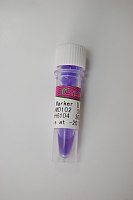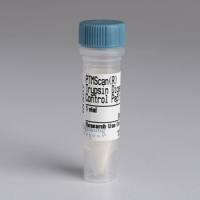Cytotoxicity, DNA Fragmentation, and DNA Repair Synthesis in Primary Human Hepatocytes
互联网
209
The well-documented existence of interspecies differences in the responses elicited by exposure to chemical agents (1 –3 ) represents the main difficulty in the extrapolation to humans of the results of toxicity studies carried out in laboratory animals or in in vitro systems employing as targets prokaryotes, lower eukaryotes, or mammalian cells. Growing evidence indicates that the most important cause of these species-related differences is the different handling of xenobiotics by metabolic activation/detoxification processes. Primary cultures of human hepatocytes that can be prepared from material discarded during the course of prescribed surgery offer the unique advantage of directly assessing the cytotoxic and genotoxic effects of chemicals in cells of our species possessing a comprehensive metabolic capability.









